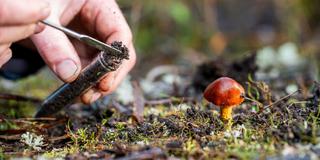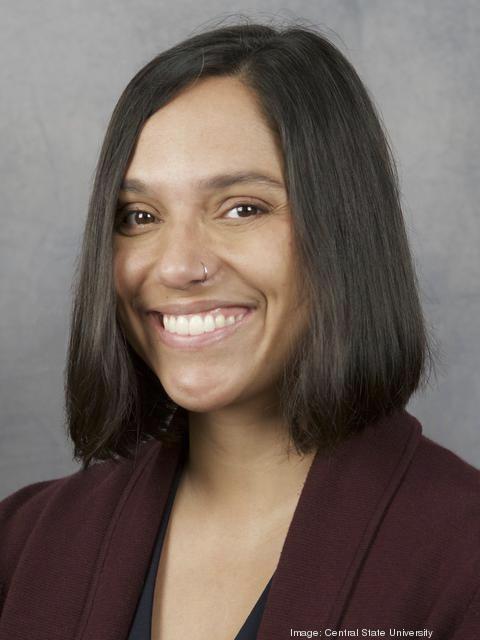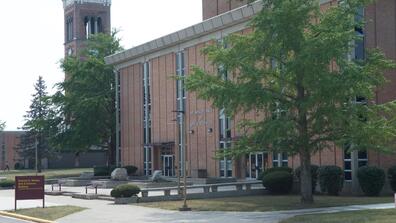
Central State University receives $1M DOE grant for climate-mitigation research

Department of Energy award will fund the creation of a Climate Resilience Center at Central State University in Ohio
The U.S. Department of Energy recently announced that Central State University will receive $1 million in grants to create a Midwest Climate Resilience Center (MCRC) at CSU to address the high risk from extreme rain and flooding and the consequential effects on drinking water quality.
The Midwest center will be one of 10 innovative Climate Resilience Centers (CRCs) in 10 different states, funded with a total of $10 million DOE grant. Central State University will partner with Ohio State University and Pacific Northwest National Laboratory (PNNL) to establish the center. Each of the 10 projects will be funded for three years, starting in the fiscal year 2024.
“At Central State University, we recognize that the communities we serve are on the frontlines of climate challenges that demand innovative, actionable solutions,” said CSU President Dr. Morakinyo A.O. Kuti. “Our collaboration with the DOE, Ohio State University, and PNNL to establish the Midwest Climate Resilience Center underscores our commitment to addressing these urgent needs.”

Dr. Sakthi Kumaran, CSU associate professor of Soil Science and Agronomy, is the lead principal investigator, and Dr. Brandy Phipps associate professor in the Department of Agricultural and Life Sciences, is a co-principal investigator on this project.
“I was very excited when I heard that the project was awarded. I have been working on building this partnership with the DOE and more specifically with the Molecular Observation Network (MONet) program at the Environmental Molecular Sciences Laboratory since late 2022,” Kumaran said.
For their joint project, Central State University, Ohio State University and PNNL will assess the impact of climate stressors on soil system processes, including carbon and nitrogen cycling in watersheds with varied land uses.

“The group will develop scale-appropriate targeted climate solutions for local communities and train the next generation of climate scientists from underrepresented student communities,” the DOE statement explained.
“Research internships and other hands-on training opportunities available through MCRC and partner institutions will be made available to underrepresented student populations across all Historically Black Colleges and Universities and other minority-serving institutions through existing cross-institutional projects,” Kumaran said.
“The CRCs (Climate Resilience Centers) will help form a nucleus for a diverse group of young scientists, engineers and technicians to further their scientific research and work on scientific teams,” the DOE statement added. “The CRCs will also foster capacity at the regional and local levels by connecting with affected communities and stakeholders to enable them to translate basic research into actionable science to enhance climate resilience and identify potential future research opportunities.”


